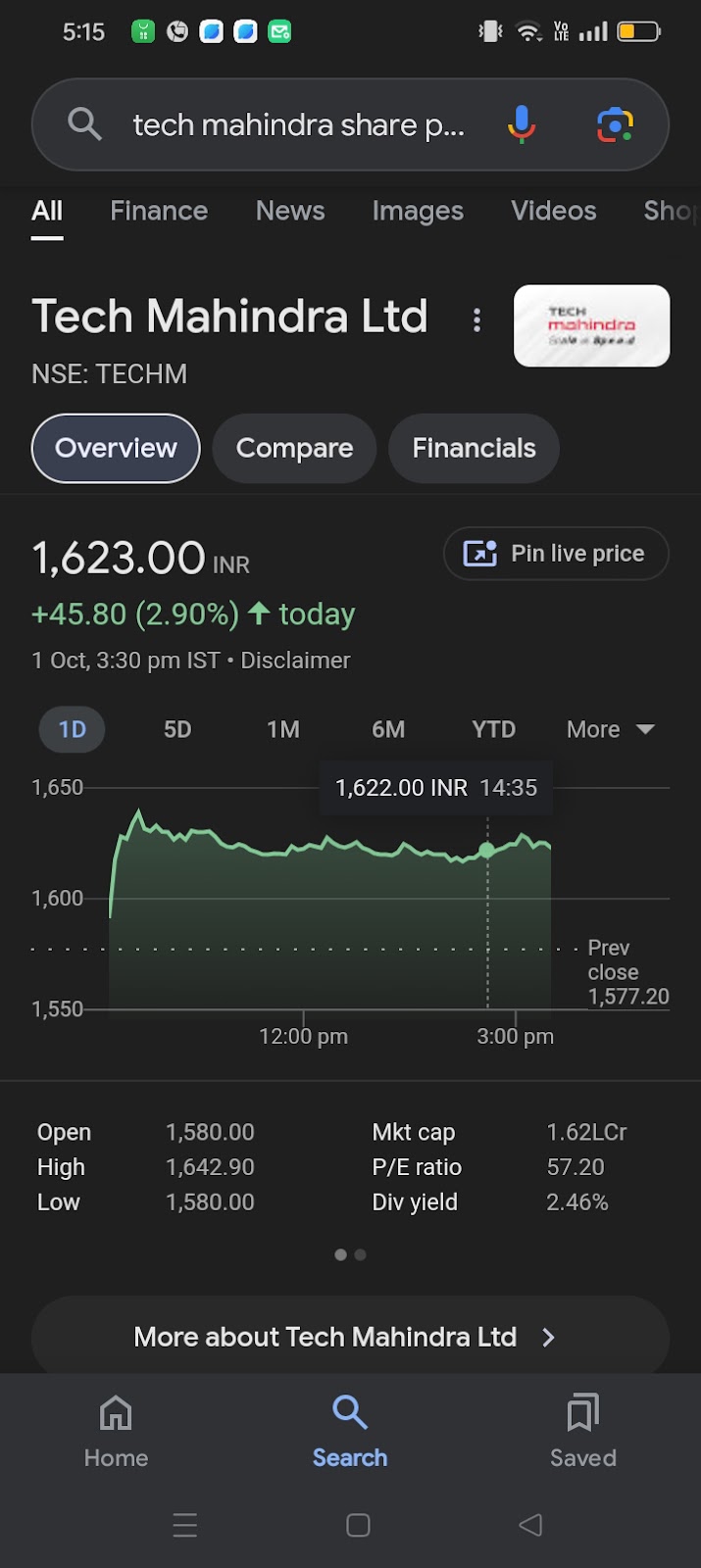Understanding Stock Market Performance: Insights from Buffett
- Get link
- X
- Other Apps
In a world where stock market predictions are both an art and a science, Warren Buffett's insights from 1999 offer valuable lessons for today's investors. He famously pointed out that large swings in interest rates significantly impact stock market performance. As we look at the current landscape, it’s essential to apply his logic to today’s data.
The Market Boom of the Late 1990s
Back in 1999, the stock market was experiencing a boom, having nearly tripled since 1982. Many investors held optimistic expectations, with even those who had been investing for over 20 years anticipating annual returns of 12.9%. However, Buffett warned that stock market returns could likely be weak for the subsequent 17-year period (1999 to 2016).
Key Factors Influencing Future Returns
For an investor to achieve substantial profits over a period of 10, 17, or even 20 years, one or more of the following conditions must be met:
Interest Rates Must Fall Further: Buffett believed it was unlikely that interest rates would drop significantly from the 6% level at that time. Lower interest rates typically provide a stronger risk-free alternative to stocks, which can influence investment decisions.
Corporate Profitability Must Rise: At the time, corporate profits in the U.S. amounted to $591 billion, roughly 6% of the $9.9 trillion GDP. Historically, corporate profits have tended to grow at a rate similar to nominal GDP over the long term.
The Historical Context
In the late 1960s, corporate profits as a percentage of GDP were about 6.5%, dropping to a low of 3.5% in the early 80s. This decline not only reflected weak economic conditions but also contributed to subdued stock market performance. Conversely, from 1982 to 1999, U.S. GDP grew substantially, yet stock returns were heavily influenced by both interest rates and corporate profitability.
Conclusion
As we navigate today’s financial landscape, Buffett's warnings resonate strongly. Investors need to consider how interest rates and corporate profits will shape future stock market returns. By looking at the broader economic indicators and historical trends, we can make more informed decisions, avoiding the common pitfall of projecting past performance into the future.
- Get link
- X
- Other Apps





Comments
Post a Comment